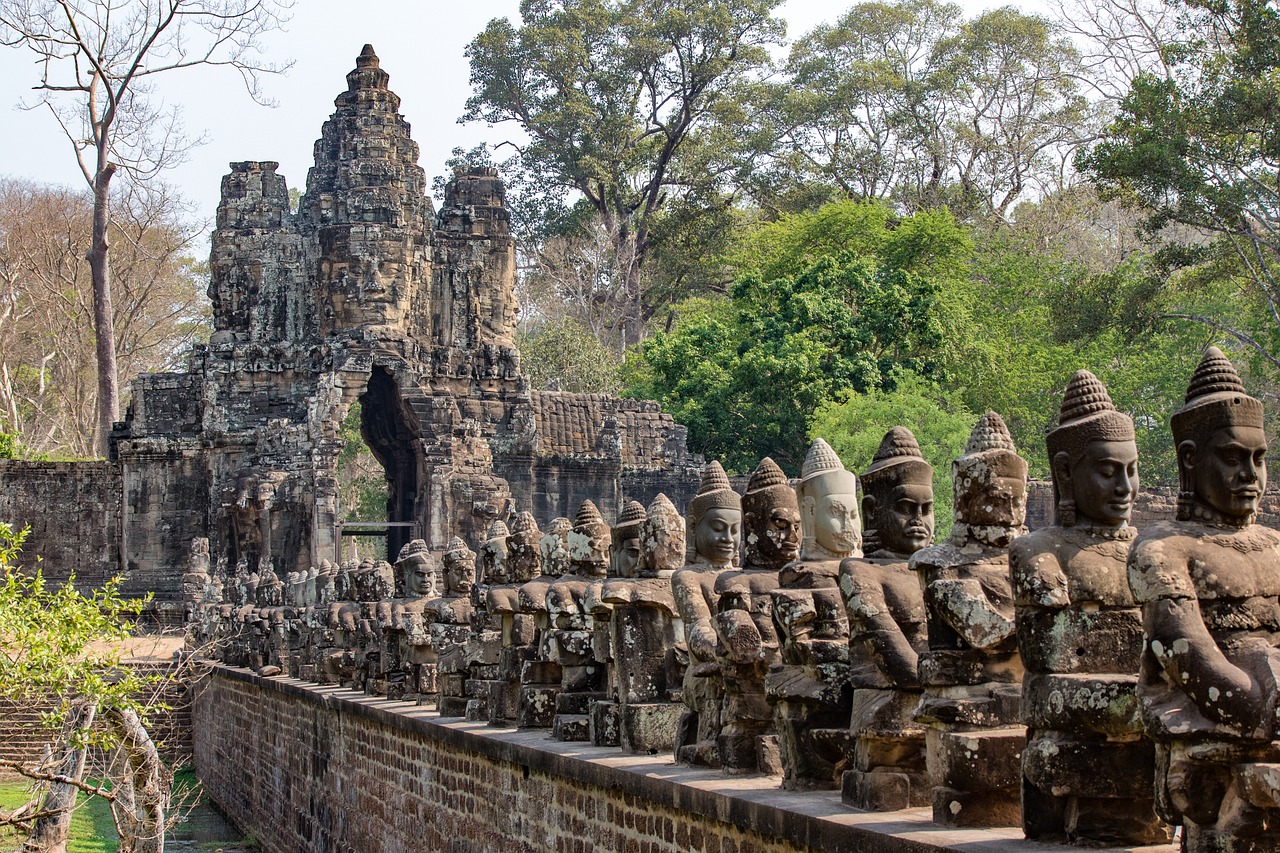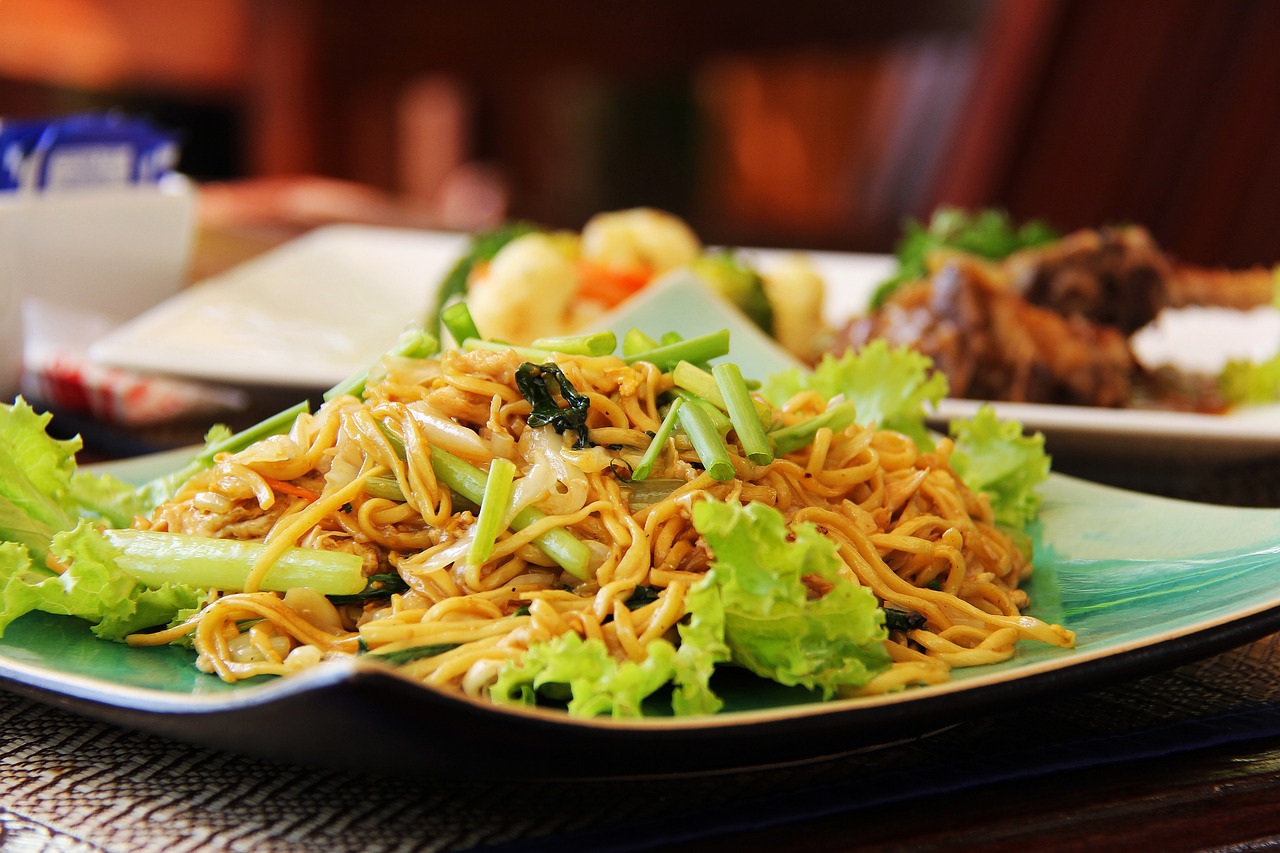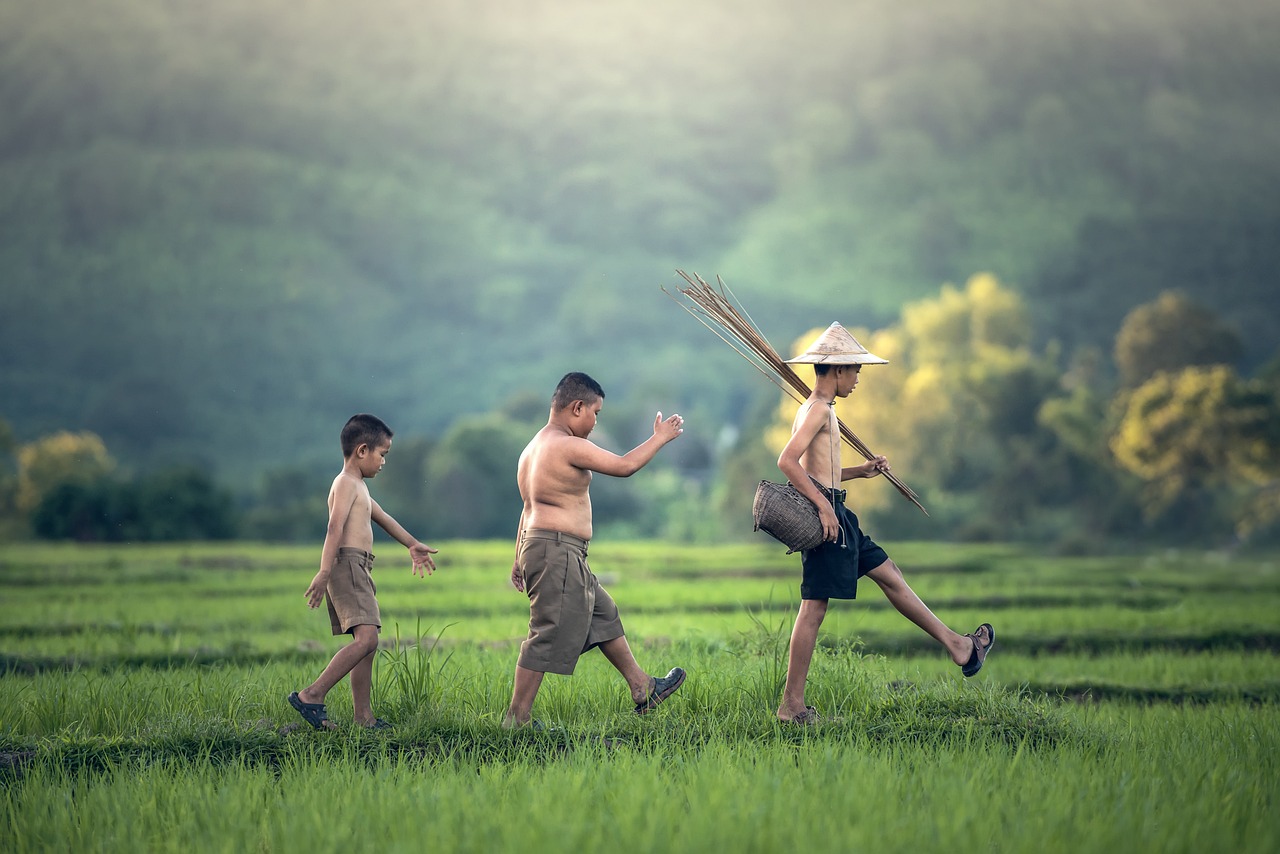Cambodia Video
Cultural Sensitivities: Understanding Local Norms in Cambodia
Cambodia, located in Southeast Asia, is a country rich in history, culture, and natural beauty. When visiting Cambodia, it is essential to be aware of the local norms and cultural sensitivities to ensure a respectful and enjoyable experience. This article aims to provide detailed information about various aspects of Cambodian culture, including greetings, clothing, food, religion, and more. By understanding and respecting these local norms, visitors can engage with the local community and create meaningful connections.
Greetings and Etiquette
In Cambodia, greetings are an important aspect of daily interactions. When meeting someone for the first time, it is customary to greet them with a polite “Chum reap suor” (Hello) or “Soksabai” (How are you?). The traditional greeting is to place both hands together in a prayer-like gesture, known as “Sampeah,” and slightly bow the head. This gesture shows respect and is commonly used when greeting elders or people of higher social status.
- Handshake: Handshakes are also acceptable when greeting Cambodians, especially in more formal settings or with younger generations who are accustomed to Western customs.
- Personal Space: Cambodians generally maintain a closer physical distance while conversing compared to Western cultures. It is important to respect personal space and adjust accordingly.
- Respecting Elders: In Cambodian culture, elders are highly respected. When interacting with older individuals, it is customary to address them with the honorific title “Lok” for men and “Lok Srey” for women.
- Gift Giving: When invited to someone’s home, it is considered polite to bring a small gift, such as fruit, sweets, or flowers. Avoid giving items associated with mourning or the color black.
Dress Code and Modesty
Cambodian dress code is generally modest, and it is important to dress appropriately, especially when visiting religious sites or rural areas.
- Temples and Religious Sites: When visiting temples, both men and women should cover their shoulders and knees as a sign of respect. Loose-fitting clothing, such as long pants or skirts, and shirts with sleeves are recommended.
- Beaches and Resorts: At beach destinations or resorts, it is acceptable to wear more casual and revealing clothing. However, it is still important to respect local customs and avoid overly revealing outfits.
- Urban Areas: In cities like Phnom Penh or Siem Reap, Western-style clothing is common. However, it is advisable to dress modestly and avoid clothing that may be offensive or disrespectful.
Cuisine and Dining Etiquette
Cambodian cuisine is known for its unique flavors and fresh ingredients. When dining in Cambodia, there are a few cultural norms to keep in mind:
- Chopsticks and Utensils: Chopsticks are commonly used in Cambodia, especially for noodle and rice dishes. However, it is acceptable to use a spoon and fork, particularly when eating with locals.
- Sharing Food: Cambodian meals are often communal, with dishes placed in the center of the table for sharing. It is customary to take small portions of each dish and try a variety of flavors.
- Respecting Elders: When dining with older individuals, it is polite to let them start eating first and to follow their lead in terms of pace and portion sizes.
- Finishing Food: In Cambodian culture, finishing all the food on your plate is seen as a sign of appreciation. It is considered impolite to leave a significant amount of food uneaten.
Religion and Beliefs
Religion plays a significant role in Cambodian society, with the majority of the population practicing Theravada Buddhism. Understanding and respecting religious customs is crucial when visiting Cambodia:
- Buddhist Temples: When visiting Buddhist temples, it is important to dress modestly, remove shoes before entering, and remain quiet and respectful. Avoid pointing your feet towards Buddha statues or monks.
- Monks: Monks hold a revered position in Cambodian society. It is customary to offer alms, such as food or money, to monks as a sign of respect. Women should avoid touching or handing objects directly to monks.
- Religious Festivals: Cambodia celebrates various religious festivals throughout the year, such as Khmer New Year and Pchum Ben. These festivals are important cultural events, and visitors are welcome to participate, but it is essential to observe and respect the traditions and customs associated with each festival.
Language and Communication
While Khmer is the official language of Cambodia, English is widely spoken in tourist areas and by younger generations. However, learning a few basic Khmer phrases can greatly enhance your interactions with locals:
- Basic Greetings: Learn simple greetings like “Akun” (Thank you), “Som tos” (Excuse me), and “Leah hao-y” (Goodbye) to show respect and connect with locals.
- Polite Phrases: Phrases like “Soksabai te?” (How are you?), “Som swa-kom” (Good morning), and “Suor sdei” (Hello) are commonly used and appreciated.
- Non-verbal Communication: Understanding non-verbal cues, such as nodding or smiling, can help bridge language barriers and convey politeness and understanding.
Traditional Arts and Crafts
Cambodia has a rich tradition of arts and crafts, including silk weaving, pottery, and wood carving. When purchasing souvenirs or supporting local artisans, keep the following in mind:
- Authenticity: Look for handmade products that showcase traditional Cambodian techniques and designs. Avoid mass-produced items that may not support local artists.
- Fair Trade: Support fair trade organizations and initiatives that ensure artisans receive fair wages and working conditions.
- Negotiation: Bargaining is common in markets and smaller shops. However, it is important to negotiate respectfully and be mindful of the value and effort put into the craft.
Environmental Considerations
Cambodia is home to stunning natural landscapes, including rainforests, rivers, and coastlines. To protect the environment and minimize your impact as a visitor:
- Waste Management: Dispose of waste properly and participate in recycling initiatives when available. Carry a reusable water bottle and avoid single-use plastics.
- Wildlife Conservation: Avoid supporting activities that exploit or harm wildlife, such as elephant rides or visiting venues that promote animal cruelty. Choose responsible eco-tourism options.
- Nature Preservation: Respect protected areas, national parks, and wildlife sanctuaries by following designated trails and guidelines. Leave natural treasures untouched and undisturbed.
Image 1

Local Festivals and Celebrations
Cambodia celebrates numerous festivals and events throughout the year, providing a glimpse into the vibrant culture and traditions of the country:
- Khmer New Year: Celebrated in mid-April, Khmer New Year is a joyous occasion marked by traditional games, music, dance, and water splashing.
- Water Festival: Also known as Bon Om Touk, this festival takes place in November and coincides with the end of the rainy season. It features boat races, fireworks, and lively celebrations along the riverside.
- Pchum Ben: Pchum Ben, or Ancestor’s Day, is a two-week-long religious festival dedicated to honoring deceased relatives. Families visit pagodas, make offerings, and pay respects to their ancestors.
Image 2

Conclusion
Understanding and respecting local norms and cultural sensitivities is essential when visiting Cambodia. By familiarizing yourself with the greetings, dress code, dining etiquette, and religious customs, you can engage with the local community and experience the rich heritage of the country. Remember to be mindful of the environment and support local artisans and fair trade initiatives. Cambodia offers a unique and immersive cultural experience that will leave lasting memories.
Image 3

References
- Gypsy Warrior (https://gypsywarrior.com)
- Tourism of Cambodia (https://www.tourismcambodia.com)
- Lonely Planet (https://www.lonelyplanet.com)
- Ministry of Tourism Cambodia (http://www.mot.gov.kh)


